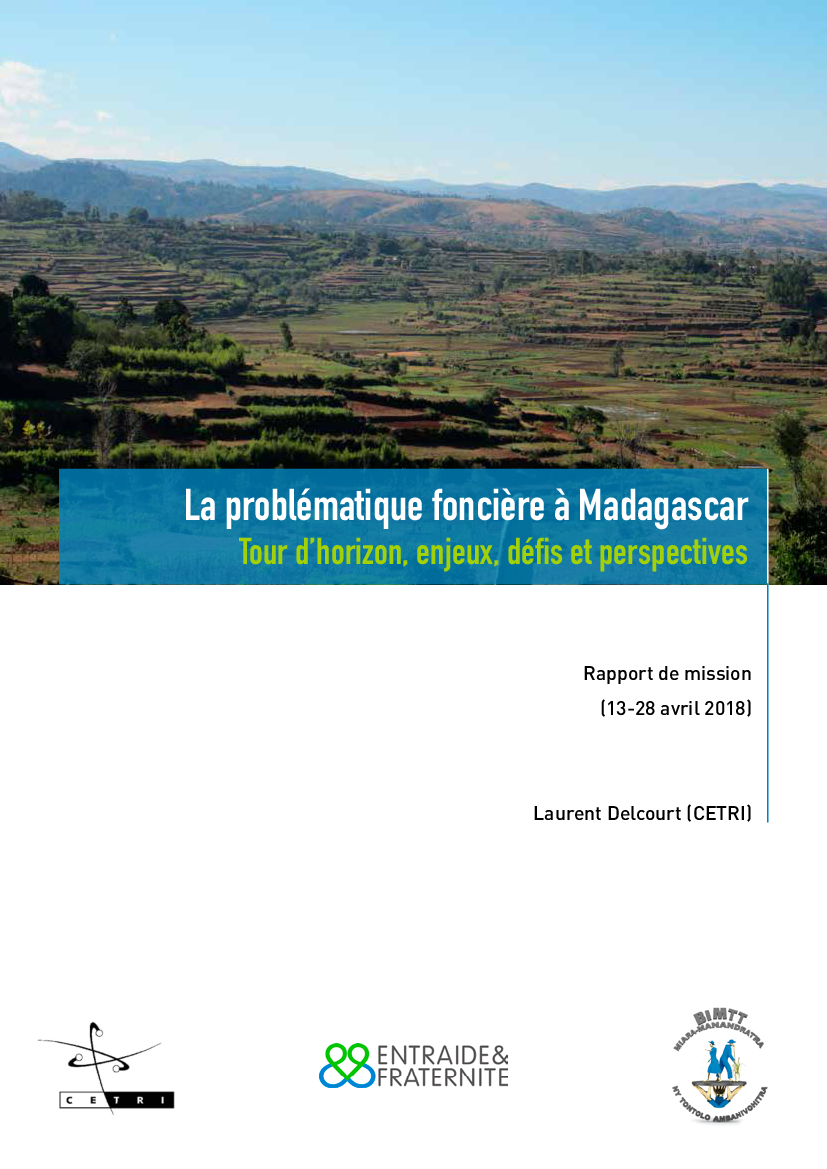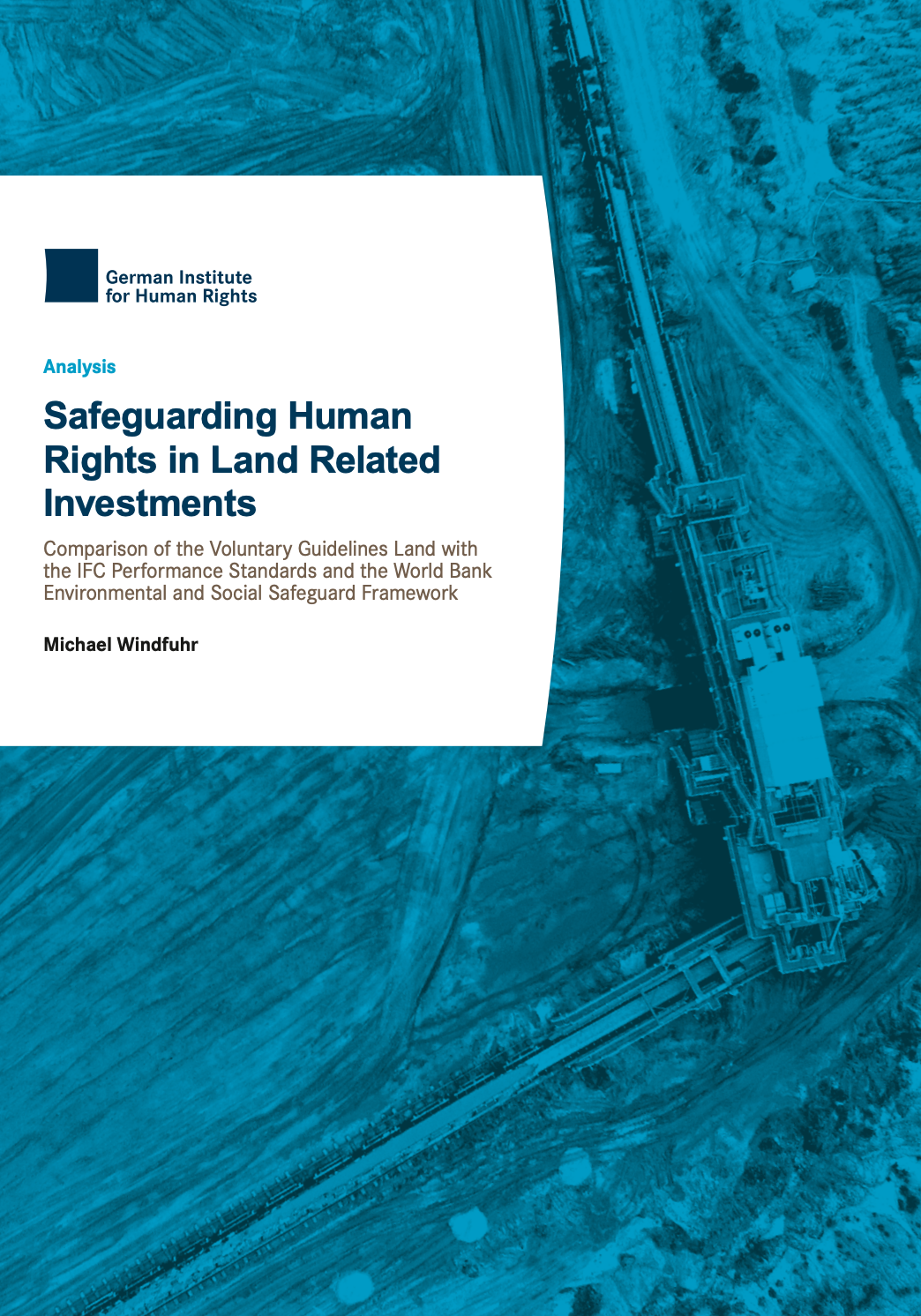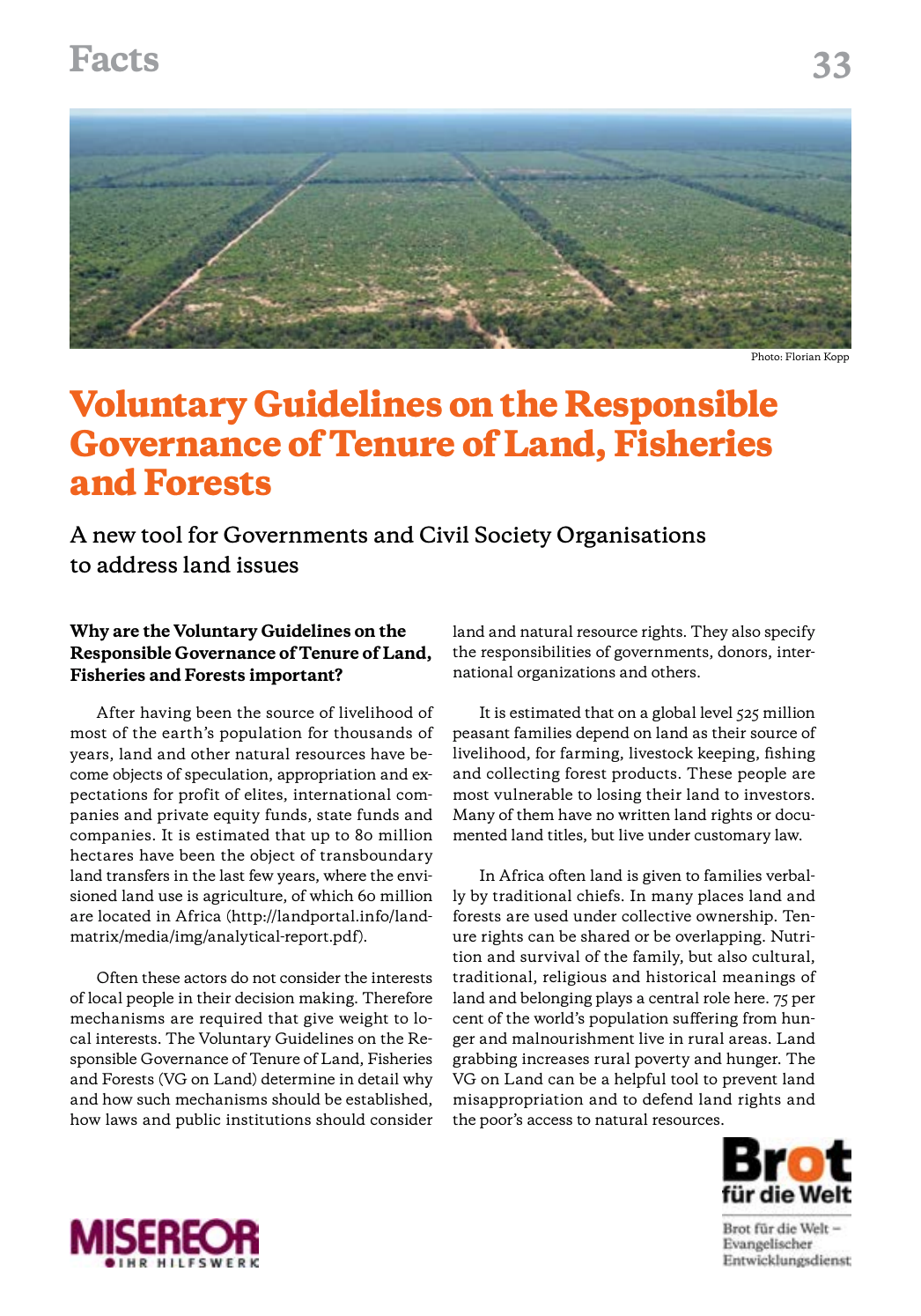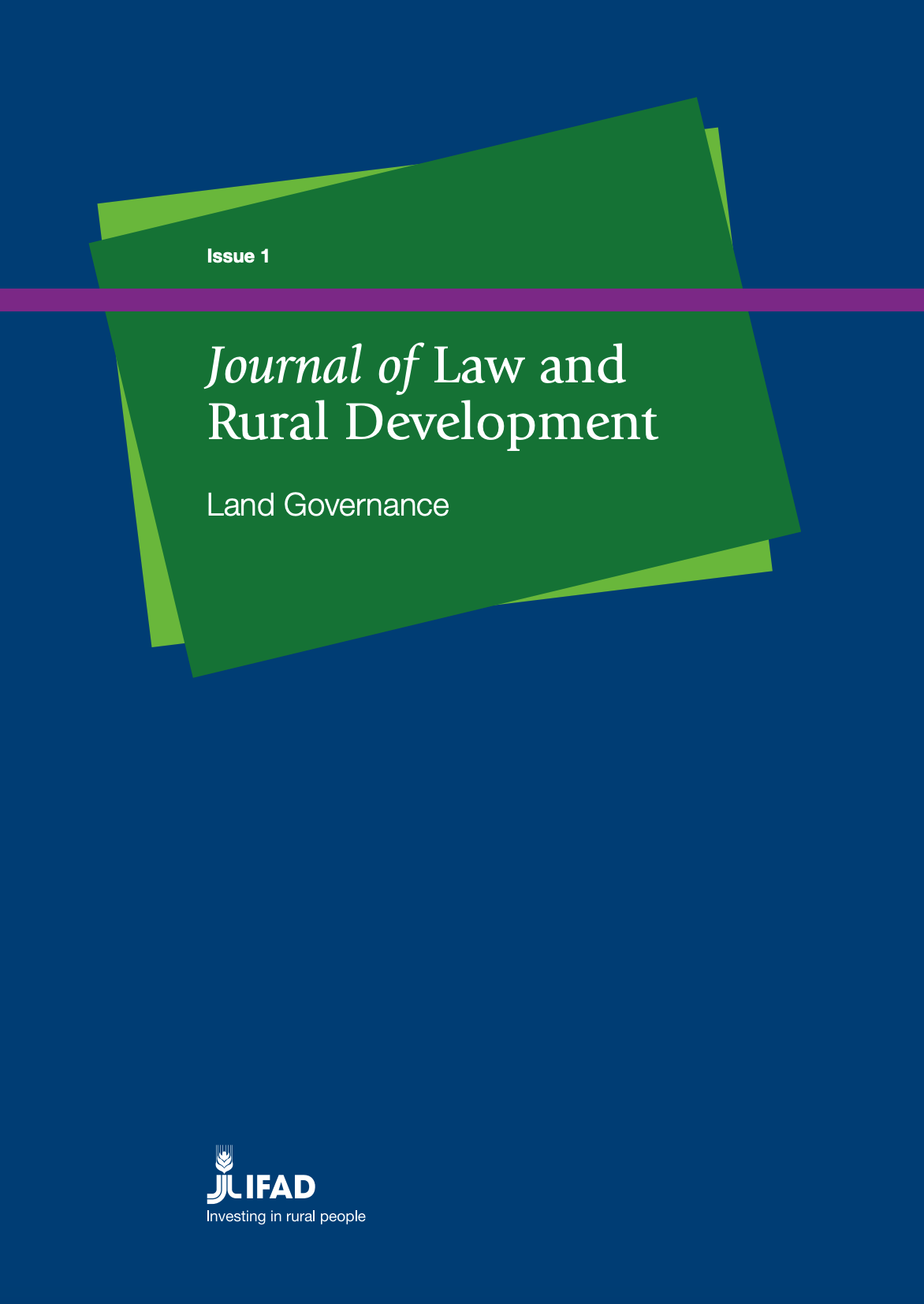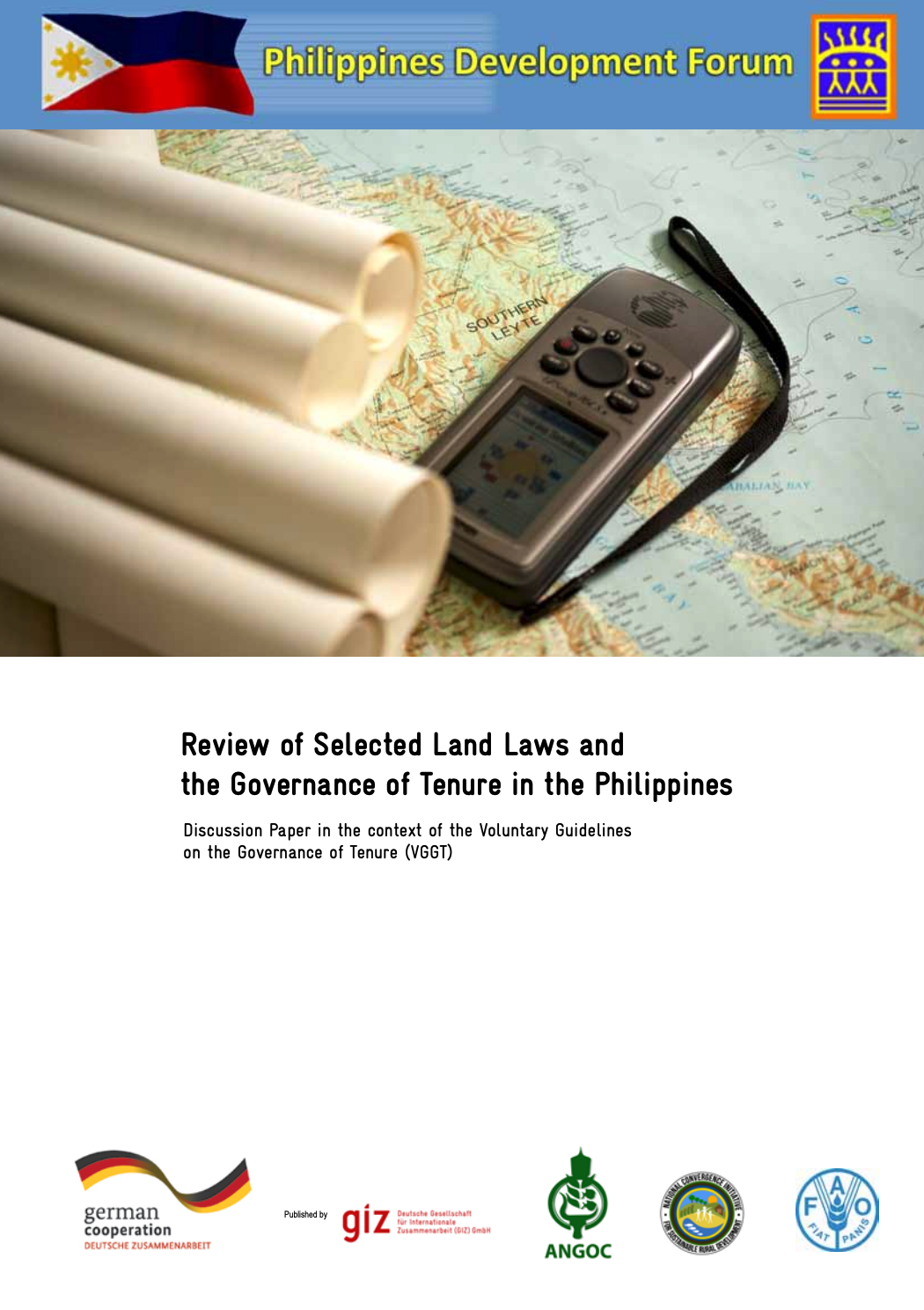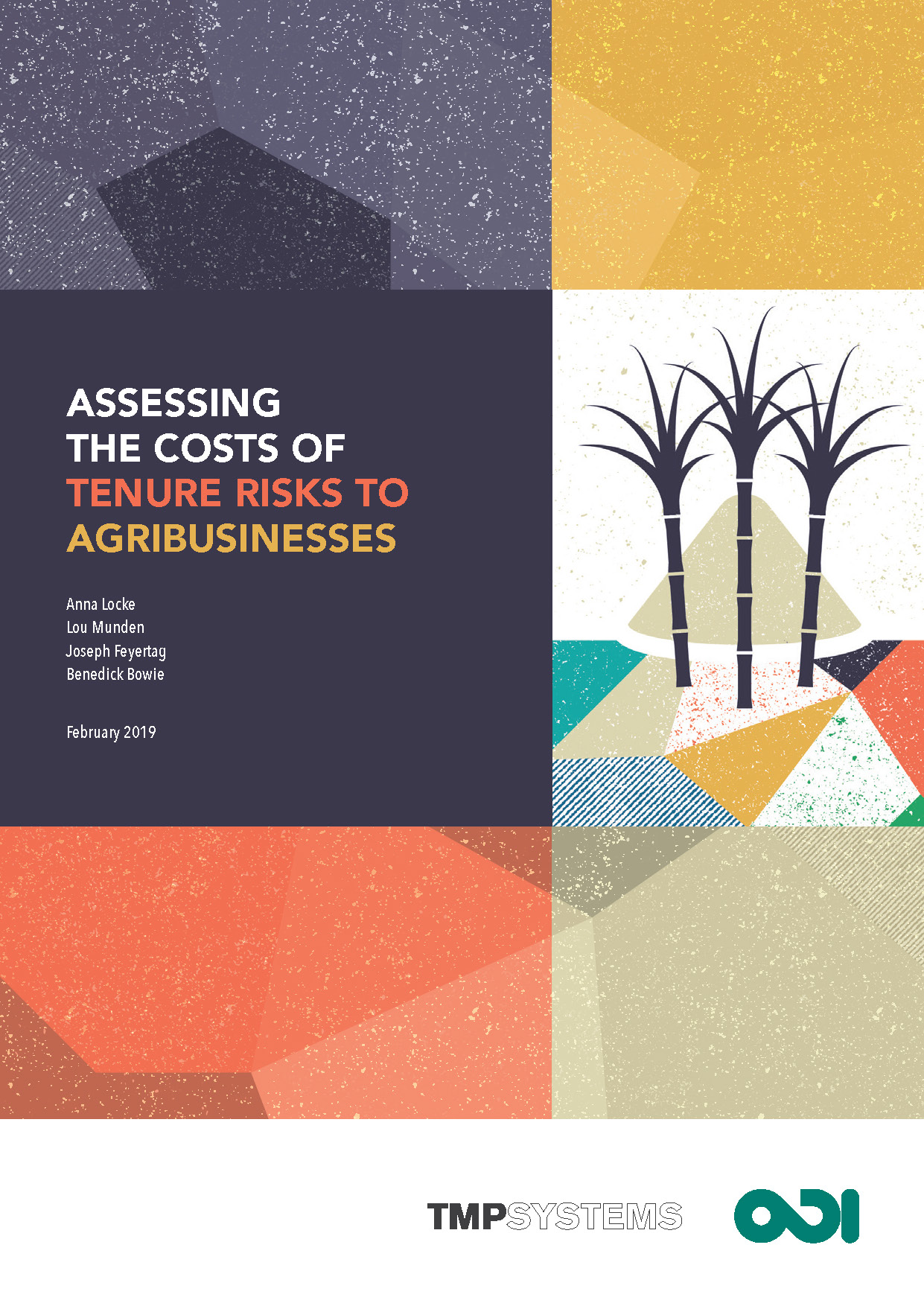Manual on Implementation of Order 01 dated 07 May, 2012 On Measures Strengthening and Increasing Effectiveness of ELC Management
On the basis of the policy on strengthening of the land management, distribution and use stipulated in the Rectangular Strategy, the 2ndPhase of the RGC and also on the basis of the plenary session of the Council of Ministers dated 27 April 2012, especially seeing the need and urgency ahead in order to equity, strengthen and increase the effectiveness of ELCs Management the RGC issues the order for ministries, institutions and competent authorities concerned to implement as follows:


